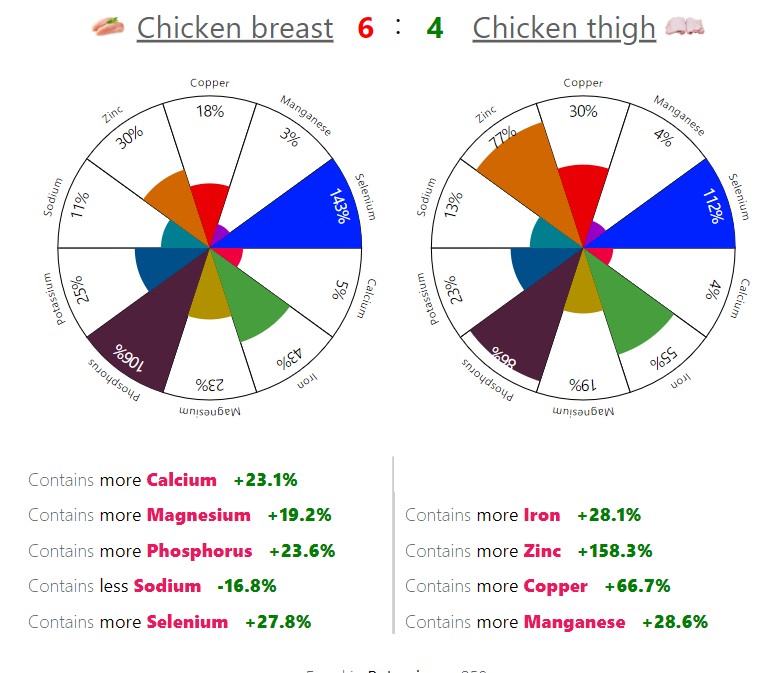For the meat broth, it’s best I refer you to a time-trusted site for the recipe: Tanya’s Comprehensive Guide to Feline Chronic Kidney Disease – Persuading Your Cat to Eat
According to this site, just boil chicken in water and there is no need to add any vegetables (definitely not onions, please).
From my own limited experience, our cats usually like it warm and freshly-made, but I do freeze the unused portions to be used later on too. We can always thaw it and warm it up again.
I also found useful information here (the top half of the article): https://cats.com/best-homemade-cat-food-for-kidney-disease
This link also has a homemade cat food recipe for CKD cats. It contains pumpkin, some vegetables, Omega-3 fish oil, taurine powder, calcium carbonate powder, potassium chloride, among other ingredients. This is interesting and I specially mentioned these because I know that fish oil is very good for CKD as it is anti-inflammatory, taurine is needed for heart health and overall health and calcium carbonate is effective as a phosphate binder! Some CKD cats are also deficient in potassium, hence the added potassium chloride. But I would not put the salted butter or the rice. From what I understand, CKD cat food should not have salt. And I would think twice about using salmon since it is a big fish (hence, might contain more heavy metals) and it may have come from saltwater and would have natural salt. Salmon, interestingly, live in saltwater but hatch and spawn in freshwater.
So, tonight, I decided to slow boil some chicken breast meat in water and I’ve added carrot and pumpkin because I intend to blend the cooked chicken (later) with the carrot and pumpkin to make my own cat food so that the boiled chicken isn’t wasted. Or, if our cats are willing to eat the boiled chicken, I’d just eat up the boiled carrot and pumpkin myself!

I know, there’s too much carrot and pumpkin. I’ll take some out tomorrow and eat it myself.
When it is ready tomorrow, I might add some fish oil to it too. But then, it would have to be served immediately as fish oil gets oxidised very quickly.
It’s all still experimental at this point!
I used to home-make cooked cat food last time. I would add about 5% vegetables to my food. I figured cats need some fiber too because wildcats would eat the stomach of their herbivorous prey first before going for the muscle meat and organs and lastly, they chew on the bones (to clean their teeth?). And they do not devour all the bones, only a portion of it. So if one were to use the entire bird or rodent in homemade food, there would definitely be too much bone in it.
But for those who need the chicken broth recipe for CKD cats, it’s just this: Boil chicken meat in water. Period.
We all know we need to increase the water content in our cat’s diet, particular for our CKD cats. Tanya’s guide suggests adding water to their canned food or any food. Well, have you tried doing this? It doesn’t work for our cats because the moment I add water to it, they boycott the food! Fussy cats!
I also read from somewhere that chicken thigh meat is more nutritious than chicken breast meat. It’s called the hardworking meat (darker in colour). Chicken thigh also has a lower content of phosphorus compared with chicken breast.
This link gives you a lot of information, comparing chicken breast and chicken thigh: https://foodstruct.com/compare/chicken-breast-vs-chicken-thigh

So much to consider, right?
Anyway, I’m going to experiment and mix it up a little for variety.
I hope Tabs and Indy like the soup tomorrow! When I made chicken soup last time, Indy LOVED it but Tabs did not.


I was thinking of making bone broth tomorrow for our non-CKD cats. The bone broth recipe is easy; there are only three ingredients: chicken carcass, apple cider vinegar and water. The apple cider vinegar is needed to extract the collagen and nutrients from the bone. Slow boil for more than 24 hours for optimum extraction of nutrients.
Important: The bone broth should not be given to CKD cats as it contains too much minerals (especially phosphorus because about 85% of phosphorus is found in bone). Moreover, collagen and glycine from bone broth can contribute to kidney stones. Bone broth may also have a high level of creatinine, and is not recommended to be consumed daily, even for humans.
